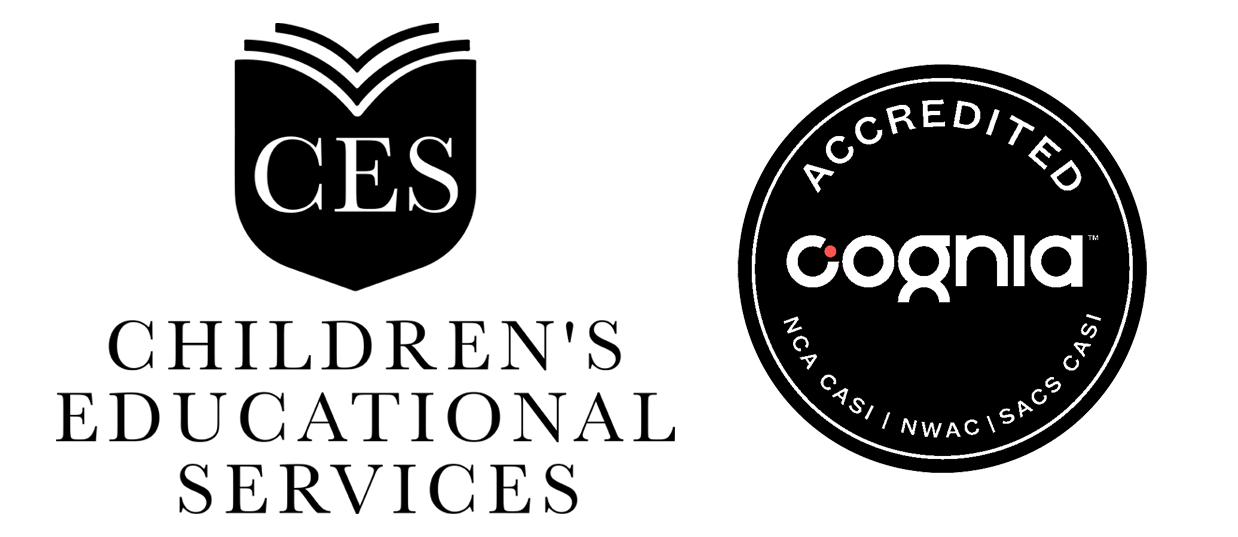You might wonder what expertise I have. Nope — I’m not a trained teacher. Rather, I personally struggled to learn how to read, and so did my son. Also, when my kids were little, I fussed at them more than I care to admit. But when we sat down on the couch with a stack of books, we entered a magical world together. All the “shoulds” melted away, and “time” became suspended.
So, in no particular order, here are some random suggestions of how to make reading fun that I hope you’ll find helpful. Some are from my own experience; others are from my librarian and author friends.
- 1. Change where you read. When my kids and I read an Antarctic survival story (Mawson’s Will), we bundled up and read outside in the snow. Brrrrrr. Halloween books we read in the dark with a flashlight.
- 2. Have the child read a stack of wordless books aloud to you. Mark Pett (author/illustrator of The Boy and the Airplane) says he creates wordless books in part because they empower kids. Kids are just as competent at reading them as adults, perhaps even more so!
- 3. Show pre-readers how to recognize a particular letter or simple word like and. Then have them find the word in magazines or newspapers. (My friend was given The Wall Street Journal!) Give them stickers to mark each find.
- 4. Start a tradition of reading the Sunday comics together. (An author friend cherishes the memory of poring over the comics with her dad, who died when she was just six years old.)
- 5. Make treats mentioned in books. Because How to Babysit a Grandma mentions snickerdoodle cookies, a grandmother asked me for my recipe. Sadly, I had to explain that I’d changed “oatmeal” to “snickerdoodle” simply because it was more fun to read. Sorry, no recipe.
- 6. Read aloud books with words you find difficult to pronounce. Barbara Joosse included Inuit words in Mama, Do You Love Me? partly because she saw value in kids watching adults struggling with new words. Kids learn that reading isn’t about being perfect.
- 7. With older kids, try a book club. Book clubs should be fun, not “highbrow.” Our mother-daughter book club giggled uncontrollably when we extended the book discussions with questions like, “When have you lied and not gotten caught?” Hilarious confessions erupted.
- 8. Keep book characters “alive.” As your family faces different situations, ask how Olivia, the Pigeon, Batman, or the Little Snowplow would handle this.
- 9. Plan field trips as extensions of your shared readings. Visit construction sites, museums, festivals, music events, or perhaps something somber and soulful. After reading My Brother Has AIDS by Deborah Davis, my family went to an AIDS quilt exhibit.
- 10. Kids love to voice opinions. (Don’t we all?) After a book, do a simple thumbs-up, down, or in between. Or be more elaborate with a book review notebook and star stickers. Also ask, “Would you change the story at all? What should happen next?”
- 11. Let kids read “below” their age. My adult daughter, who has a master’s degree, still requests picture books for her birthday.
- 12. Expand the list of adults who regularly read with your kids. This exposes them to a wide variety of reading interests, quirks, and styles.
- 13. Don’t forget all kinds of nonfiction! One child morphed from a reluctant reader into a voracious reader thanks to Popular Mechanics.
- 14. Attend free storytimes at public libraries and bookstores. If you’re lucky, they may host author visits, too. Most libraries sponsor summer reading programs with tie-in activities and awards.
- 15. This deserves its own spot on the list: read Calvin and Hobbes! Mischievous imagination. Befuddled parents. Authentic emotions. Can’t beat that!
- 16. Audiobooks on car trips are great, in and of themselves. But if you have to stop mid-story, make sure to have the book version for the already hooked kid to continue reading.
- 17. An author friend who worked with a reluctant reader often intentionally stopped reading aloud at an exciting part. The child then couldn’t resist finishing the book on her own.
- 18. Let your kids read widely and wildly, their choice. Comic books. Nonfiction. Magazines. Cookbooks. The same book over and over. Whatever. I let my son read fighter-pilot books even though they strained my pacifist sensibilities.
- 19. Help readers celebrate their skills by reading to a younger child. Or to pets or stuffed animals.
- 20. (You may want to skip this suggestion.) Joke books. Yes, they can be annoying and tiresome to adults, but kids love them. Jokes offer quick payoffs, especially for struggling readers.
- 21. Start a tradition of “reading chocolate.” Grown-ups nibble chocolate while we read, so why not kids? In our family, chocolate was for our scheduled reading time only. In other words, you didn’t score chocolate every time you picked up a book.
- 22. Read books that are both familiar and unfamiliar. There’s comfort in feeling, “Oh, I do that. I know that.” But it’s also rewarding to expand your sense of wonder and surprise. “Wow. I didn’t know that. I didn’t know you could do that.” Discussions about diversity in children’s literature poetically describe books as “mirrors or windows” for readers. Even in my own How To books, I always mix activities kids will recognize with new activities they may want to try.
- 23. Use gifts of books as treats and rewards for your kids, not as tasks and assignments.
- 24. Help your kids share the joy of reading by donating books to kids who lack them. Have them select books from their own collection (ones they’ve outgrown or their favorites). Or purchase new or gently used books. Donate them to homeless shelters and Head Start centers.
- 25. Read and chat about books in front of your kids. I love my childhood memories of a friend always greeting Dad with “Whatcha reading now?” or of Mom laughing out loud while reading.
What suggestions have I missed? Please share your ideas for how to make reading fun in the comments below. Thanks! And happy reading!
Source: Read Brightly


